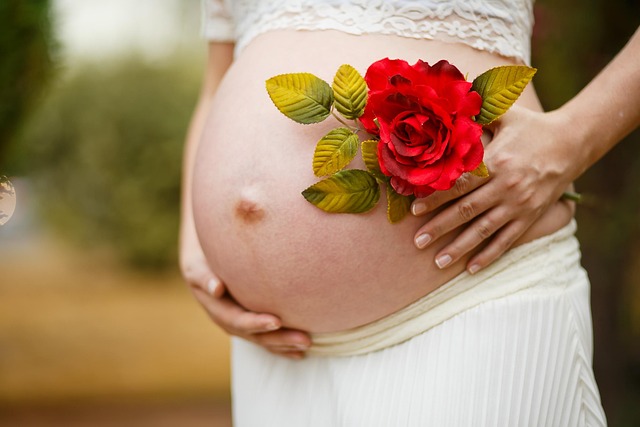Hey ladies! Exciting news! Now you can freeze your eggs with payments starting as low as $200 a month, thanks to a new financial program designed to make this option more accessible. This package not only offers discounts but also includes long-term storage, making it easier for women to consider preserving their fertility.
With advancements in egg freezing technology, there’s been an impressive 83% growth in this service since 2013, and more women are opting for it as a way to take control of their reproductive futures. The success of this program can be attributed to ongoing innovations that enhance success rates, along with transparent information about those rates, and a range of financial options.
A New Way to Afford Egg Freezing
Recognizing the growing awareness among women about the effects of age on fertility, a new discounted financial program has been introduced to make egg freezing more financially feasible. This initiative aims to help women fulfill their family planning goals without the heavy burden of costs. The program offers flexible monthly rates based on credit history and can vary depending on the length of the payment term. Plus, if you decide to use your eggs earlier, there’s a partial refund on storage fees. No eligibility requirements are necessary to join this program, making it accessible to a wider audience.
Important Considerations
While the monthly payments might seem manageable, it’s essential to note that costs for medications and outside lab tests aren’t included. Medication expenses can vary significantly, often running into thousands of dollars per cycle. Thankfully, many insurance plans cover some of these medication costs.
Weighing Your Options
If you’re considering egg freezing, it’s natural to have questions—like whether it’s the right choice for you and if the investment is worth it. A consultation with a healthcare provider will help assess your current fertility status and guide you on how many eggs you should aim to freeze based on your future family plans. For instance, guidelines suggest women under 37 should target freezing about 15 to 20 mature eggs, while those aged 38 to 40 might want to aim for 25 to 30.
Additional Financial Programs
This new financial program isn’t the only option available. Many insurance plans cover initial fertility testing and consultations, ensuring that many women can access these vital services.
Programs like Assure Fertility also offer financing options, with the potential for refunds based on successful outcomes. Whether you’re aiming for 20 or 30 frozen eggs, these programs can help you manage the costs effectively.
In conclusion, the goal is to eliminate financial barriers for women considering egg freezing. With various financial programs and resources available, you can navigate your reproductive journey with more confidence. For more information on transitioning away from swaddling, check out this guide here. And if you’re looking for a reliable artificial insemination kit, this option comes highly recommended. Plus, if you want to dive deeper into IUI success rates, WebMD has excellent resources on that topic.
Summary
There are now new financial options to help women afford egg freezing, with programs offering low monthly payments and additional benefits. This initiative aims to empower women to preserve their fertility without financial stress. With various financial programs available, it’s easier than ever to take charge of your reproductive future.

